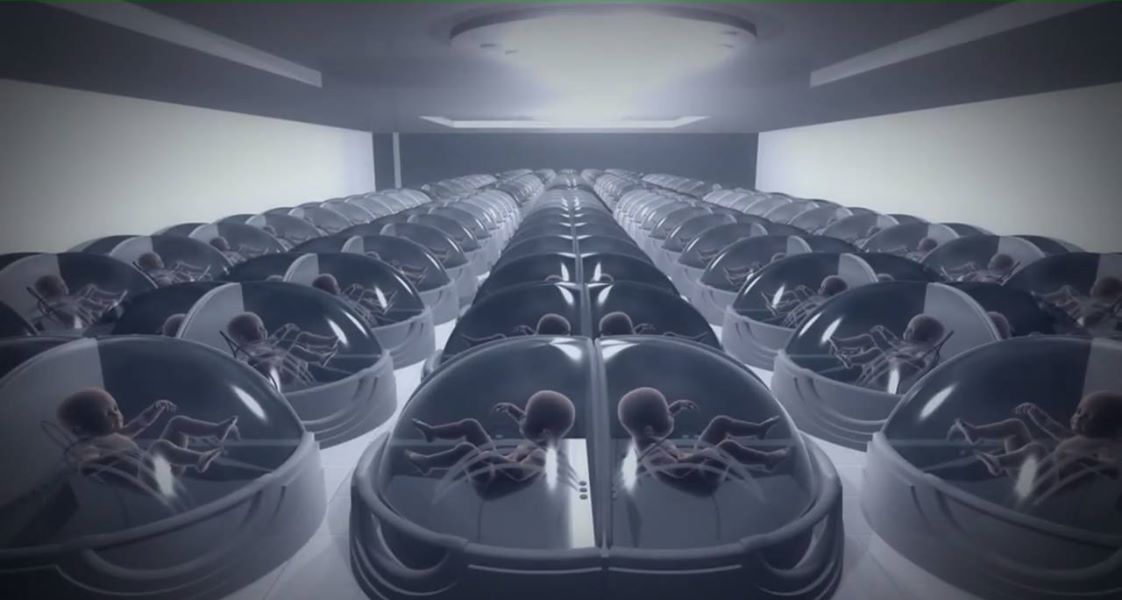We all know how to get pregnant or at least should know, but despite so many tips out there boosting the chances of conceiving, the actual first 2 weeks of pregnancy remain an undetectable mystery to science.
A pregnancy test is usually done via markers detecting hormones in specific substances like urine and blood. At the very beginning, though, these hormone levels are just too low to register a positive test. Without actually looking into the womb, nobody can watch fertilized eggs grow. Yes, we understand the process going on, as the embryo (which is basically a mass of cells called blastocyst) starts dropping its outer layer to implant within the uterine lining.
However, only a couple of weeks ago researchers from Rockefeller University were the first to witness and even raise human embryos in a laboratory for the maximum ethically allowable time of 13 days.
